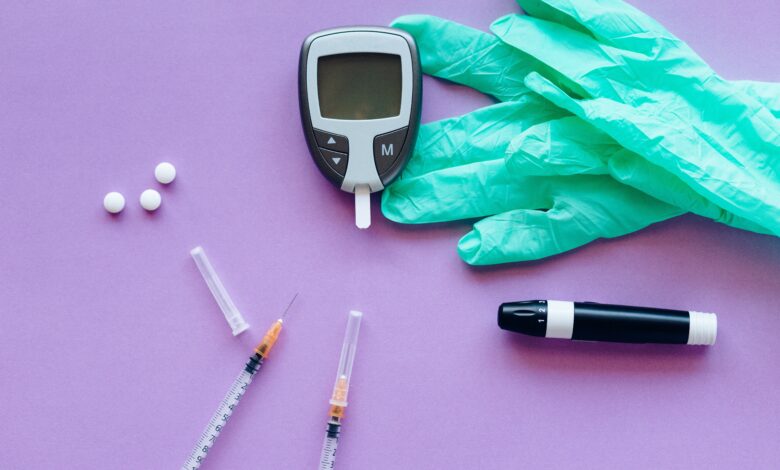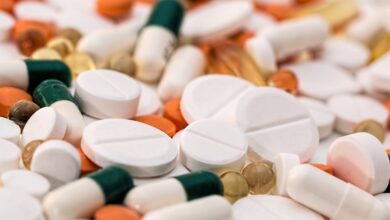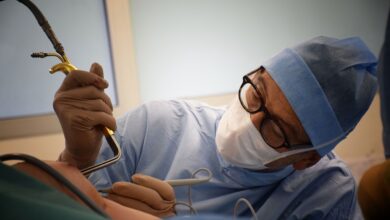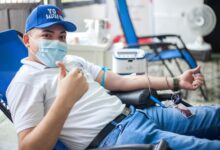
Some preventive measures can be put in place to prevent the onset of type 1 diabetes.
Discover them in this sheet.
Type 1 diabetes: preventive measures
Basic preventive measures
To prevent type 1 diabetes, it would be necessary to prevent the destruction of the cells of the pancreas responsible for the production of insulin in individuals at high risk of having the disease.
According to the Canadian Diabetes Association, there is still no effective and safe method to prevent this disease, even if we consult very early in the life of a child considered at risk.
Consequently, any approach aimed at preventing type 1 diabetes will have to be done in close collaboration with a physician and, in some cases, within the framework of an experimental study 4 .
Current research
Vitamin D
Several observational studies have shown that vitamin D supplementation of young children significantly lowers the risk of developing type 1 diabetes (daily dosages range from 400 IU to 2000 IU)13.
However, no clinical trial has yet confirmed this11. Given the lack of risks associated with taking vitamin D and its many health benefits, some doctors recommend it as a preventive measure.
Immunotherapy
This is the most promising path, and the one in which scientists are investing the most. Immunotherapy aims to allow the immune system to “tolerate” the cells of the pancreas responsible for the production of insulin.
Several forms of immunotherapy are being tested, for example5:
- a vaccine composed of antigens from the pancreas of the person to be treated;
- an autologous immune cell transplant.
This autograft would make it possible to remove the destructive cells and allow the development of new tolerant cells and the transfusion of blood taken from the umbilical cord at the time of birth (in young children).
Vitamin B3
In vitro data and animal trials have supported the hypothesis that niacinamide (vitamin B3) may have a protective effect on pancreatic beta cells. A few preliminary clinical trials have also nurtured this hope6.
However, larger studies have not yielded convincing results. For example, in the European Nicotinamide Diabetes Intervention Trial (ENDIT)7, high doses of niacinamide or a placebo were given to 552 people at risk of type 1 diabetes (close relative affected, presence of autoantibodies against pancreas and normal glucose tolerance test). Niacinamide did not reduce the risk of developing diabetes.
Injection of low doses of insulin
One of the preventive approaches tested consists of administering small doses of insulin to people at risk. This approach was evaluated in the Diabetes Prevention Trial – Type 18.9.
Insulin therapy had no preventive effect, except in a high-risk subgroup, in whom the onset of diabetes was slightly delayed.
One of the challenges in research is to target the people most likely to develop the disease. The appearance in the blood of antibodies against the beta cells of the pancreas (autoantibodies) is one of the indicators studied.
These antibodies can be present years before the onset of the disease. Since there are several types of these antibodies, it is a question of discovering which are the most indicative of the disease, and from what quantity .
Measures to prevent complications
See our Diabetes Complications fact sheet.








